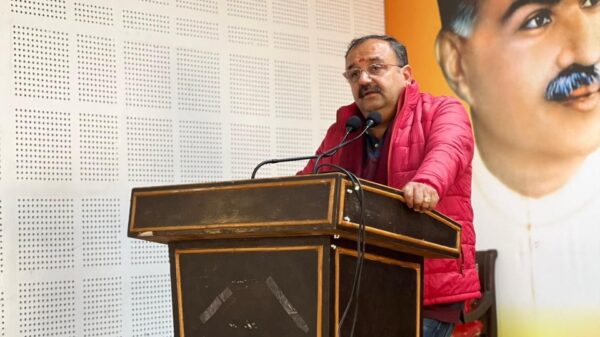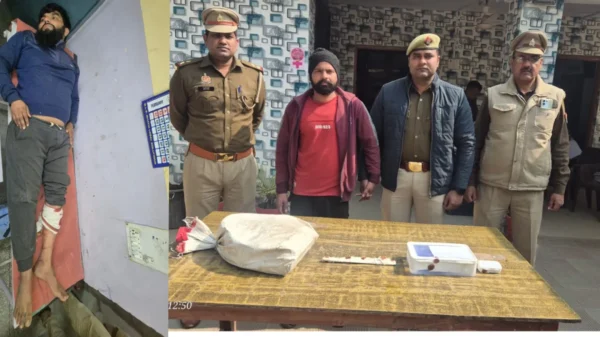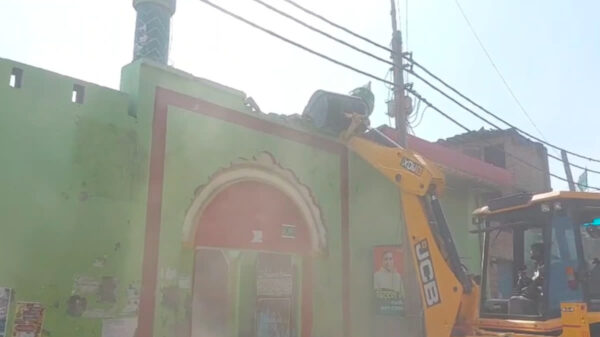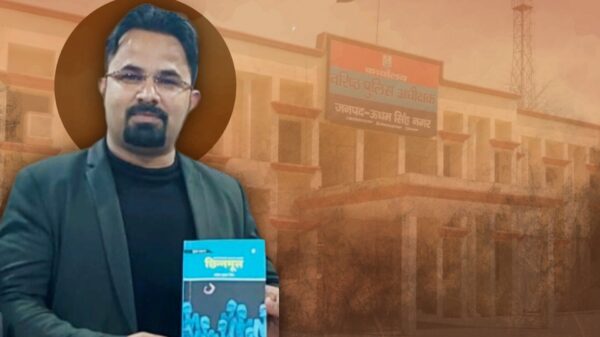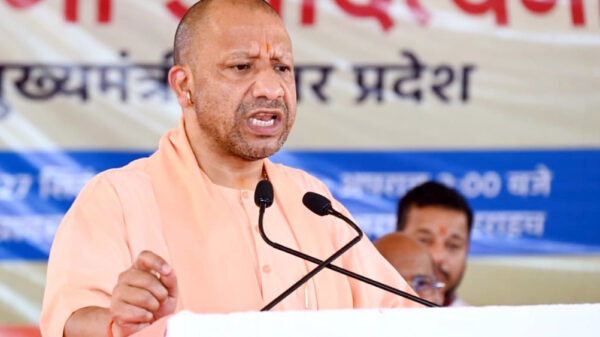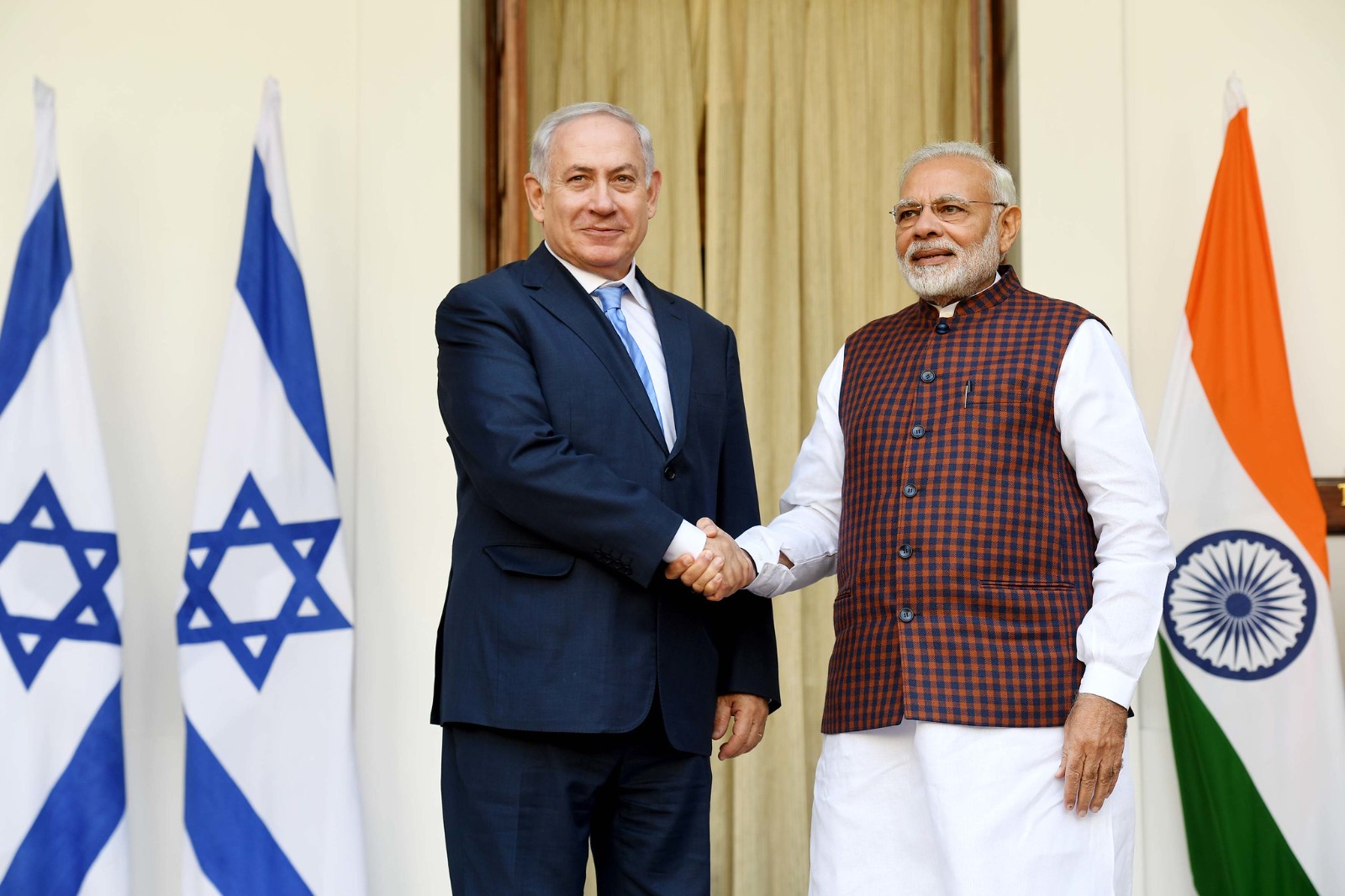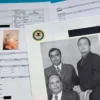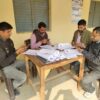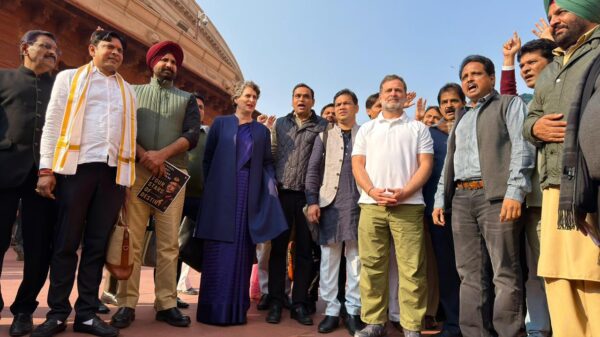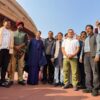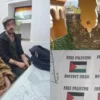On Tuesday, Prime Minister Narendra Modi had a ‘productive’ phone conversation with Israeli Prime Minister Benjamin Netanyahu regarding the Israel-Hamas conflict. PM Modi highlighted India’s consistent support for the early restoration of peace in Israel. The leaders also discussed shared concerns about maritime security during the call.
PM Modi, in a tweet, stated, “Had a productive exchange of views with PM Netanyahu on the ongoing Israel-Hamas conflict, including shared concerns on the safety of maritime traffic. Highlighted India’s consistent stand in favor of early restoration of peace & stability in the region with continued humanitarian assistance for the affected.”
This conversation follows India’s recent vote in favour of a United Nations resolution calling for an immediate ceasefire in Gaza.
Prime Minister Modi had previously expressed solidarity with Israel in October after air strikes by Hamas, stating, “Deeply shocked by the news of terrorist attacks in Israel. Our thoughts and prayers are with the innocent victims and their families. We stand in solidarity with Israel at this difficult hour.”
The Israeli Air Force continues its extensive attacks on the Gaza Strip. Palestinian health authorities report that at least 19,667 people, predominantly women and children, have been killed in the Israeli assault on Gaza. At least 900 Israelis were killed in the Hamas attacks, while over 2,616 were injured.
Human Rights Watch accused Israel of deliberately starving Gaza’s population by blocking the delivery of essential supplies, labelling this tactic as a war crime.
Omar Shakir, Israel and Palestine director at Human Rights Watch, stated, “For over two months, Israel has been depriving Gaza’s population of food and water, a policy spurred on or endorsed by high-ranking Israeli officials and reflecting an intent to starve civilians as a method of warfare.”
Shakir said, “World leaders should be speaking out against this abhorrent war crime, which has devastating effects on Gaza’s population.” The international community continues to grapple with the multifaceted challenges posed by the ongoing conflict, emphasizing the urgent need for diplomatic efforts to address the humanitarian crisis unfolding in the region.






